medskl.com is a global, free open access medical education (FOAMEd) project covering the fundamentals of clinical medicine with animations, lectures and concise summaries. medskl.com is working with over 170 award-winning medical school professors to provide content in 200+ clinical presentations for use in the classroom and for physician CME. Psychiatry – Addiction/Substance Abuse: What You Cannot Afford to Miss Whiteboard Animation Transcript with Margaret S. Chisolm, MD https://medskl.com/Module/Index/addiction-substance-abuse When evaluating any patient, you cannot afford to miss substance abuse. Although not all patients will require specialty treatment, they can still benefit from your intervention. With every patient, here are some important steps to take: • Raise the subject: “Can we take a minute to discuss alcohol?” • Ask about use: “Do you sometimes drink beer, wine, or liquor?” • If the response is “No,” ask: “Why not?” • If “Yes,” ask: “How many times in the past 12 months have you had X or more drinks in one day? For men, X = 5; for women and anyone over age 65, X=4. • If the answer is anything other than “zero,” this is a sign of risky drinking and a brief intervention is indicated, as follows. BRIEF INTERVENTION Provide feedback. • Share that level of use exceeds lower risk limits established for healthy men and women. • Let your patient know that drinking at this level can be unhealthy. • If possible, connect risk to reason for the visit: “I think your insomnia may be related to drinking.” Enhance motivation. • Ask questions that elicit change talk: “Have you ever considered cutting down or quitting?” • If so, “Why?” • If not, ““What would have to happen for you to consider it?” • Ask the patient to rate the importance of change, using a visual “readiness ruler” if possible: • “On a scale of 1-10, how important is it that you cut down or quit?” • Then ask: “Why [that number] and not a lower one?” Negotiate a plan. • Next steps should be developed collaboratively. • Follow the patient’s lead: “If you were to make a change, what would be the first step?” • Offer a menu of options for more help such as medication, brief counselling, support groups, and/or formal treatment programs. Close on good terms. • Ask permission to meet again to discuss progress.
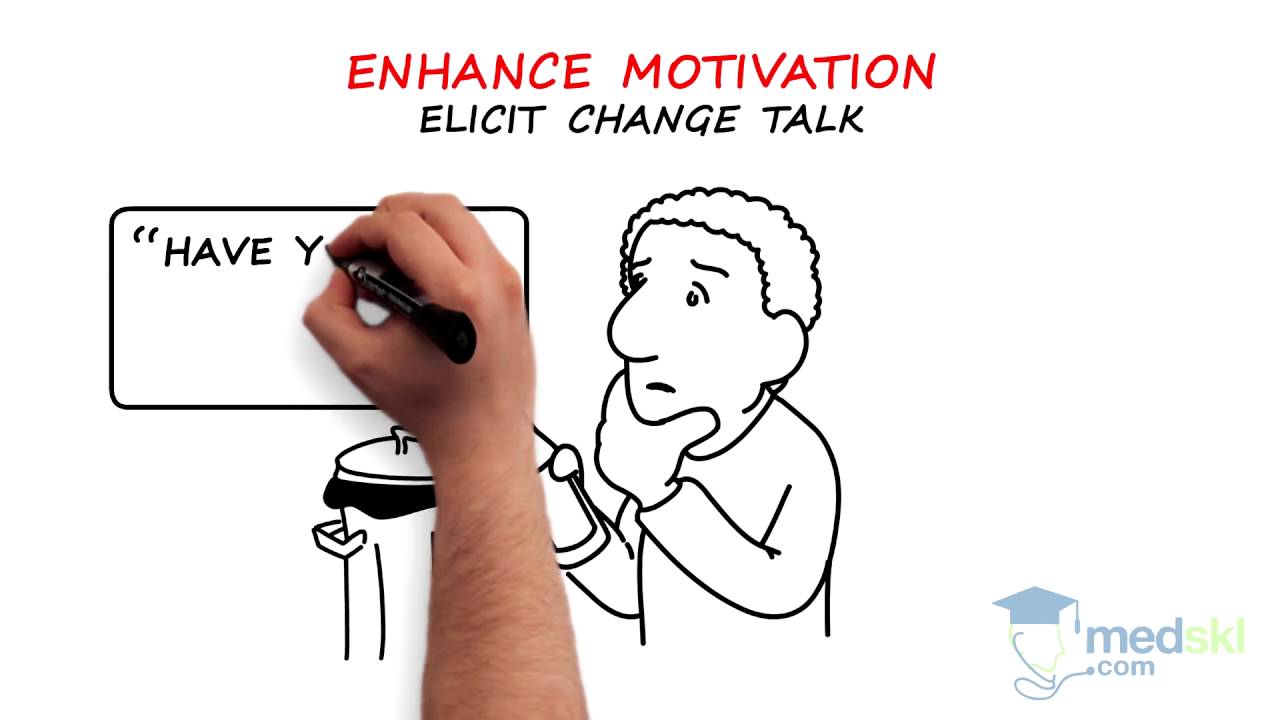
Addiction Psychiatry Video – 1
- Post author:admin
- Post published:May 18, 2021
- Post comments:0 Comments
You Might Also Like
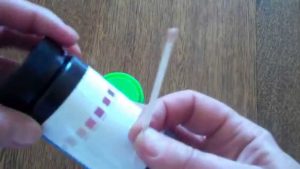
How to use ketone test strips & how to read the results

How To: Plank

30 Variations of Ab exercises!

Bodybuilding Supplement – Multivitamin and Minerals

What Is The Difference Between A 2D 3D & 4D Scan

How To: Romanian Deadlift (Barbell)

Phil Heath’s Machine Tricep Dips | Tricep Exercise #3

Azoospermia Treatment | Semen Analysis at Bournhall Clinic India

Anabolic vs Catabolic Fitness States

Seated Calf Raise-3

10 Signs Of Diabetes ?

What Does Your Liver Do?

INSULIN For Bodybuilding |Muscle Building Messenger

Phil Heath’s Cable Hammer | Bicep Exercise #3

How To: Skull Crushers

One arm cable triceps extension – Triceps workout / Exercício para Braços – Tríceps

Intermittent Fasting & Fasting Video – 16
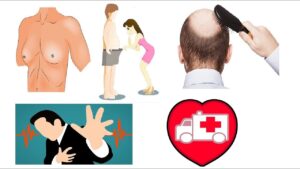
Testosterone & Androgenic Effects Video – 39
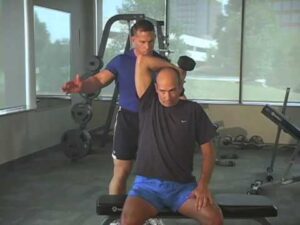
Seated One Armed Dumbbell Extension

Equate Whey protein review
Blood Pooling

Laproscopic Surgeries Video – 3
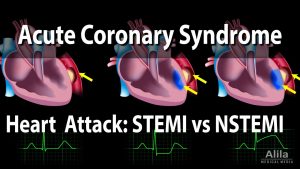
Acute Coronary Syndrome: Unstable Angina, NSTEMI and STEMI (Heart Attack), Animation

Preservatives Video – 2
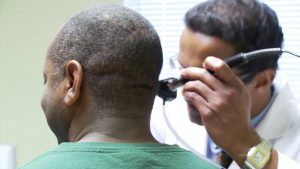
Internal Medicine Video – 2

Bicep Exercise: Preacher Curls (Barbell and Dumbbell)

What is testosterone and why it is important
Shrugs-10
BMR

How to Absorb Your B Vitamins
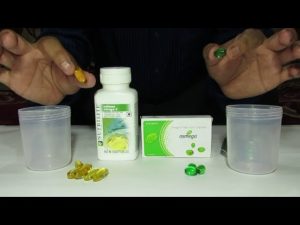
Nutrilite Selmon Omega-3 demo | demonstration

Close Grip Triceps Extension-1
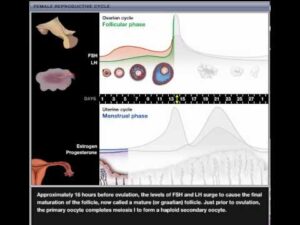
Female Reproductive Cycle
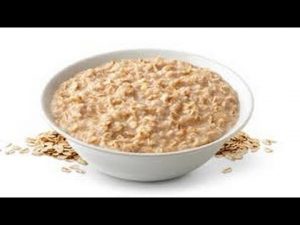
3 Minute Breakfast oatmeal for Bodybuilders/Athletes

How To: Outside Grip Cable EZ-Curls (LF Cable)

Human Body, Body Building Muscle Building Anatomy Physiology Video – 5

Stretching Video – 5

BICEP CURLS on Low Pully (Hindi / Punjabi)
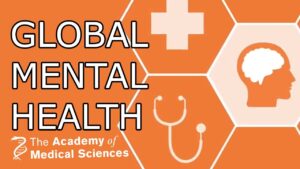
Global Mental Health Video – 4

Lisinopril Explained.: Uses and Side Effects.

What are Anabolic Steroids?

